You are here
Reading skills: key to learning
About the speaker
Isabel Solé
Catedrática del Departamento de Psicología Evolutiva y de la Educación de la Universidad de Barcelona
"Reading is not pure reproduction, but understanding for the purpose of learning"
Reading in history
• The earliest texts date back to 5,000 years ago. Reading allowed for the interpretation of codes that provided useful information. Very few people were able to read.
• The Bible, the first major text for group reading. Oral in nature. Very few people were able to read it and interpret it according to the established dogma. Those unable to read believed what they were told it meant.
• Religious reform and counter-reform. Doubt was cast on the dogma and the official interpretations of the Bible.
• The press led to an increase in the number of people able to read and paved the way for each reader to interpret what they read in their own way.
• New technologies are currently cultivating a new form of reading, involving readers developing their own texts and not always following the paths established by authors. Readers are active, selecting, analysing and developing on the basis of multiple, unstructured information.
How reading skills are acquired
• People must be taught to learn to love reading.
• People must be taught to read (interpret code).
• People must be taught to use reading to learn.
Different levels of literacy can be identified
• Implementation level: decoding.
• Functional level: use for everyday life.
• Instrumental level: for access to information and knowledge.
• Epistemic level: for developing a critical perspective. Reading means appraising, questioning and/or reinforcing ideas.
Reading must feature in every stage of education if the system is to produce citizens inclined to read.. We do not learn to read in one fell swoop. It is necessary to learn to interpret different texts, on a range of subjects and with varying degrees of complexity. Reading is not pure reproduction, but understanding for the purpose of learning.
We have to read to learn and learn how to read to learn. It is necessary to learn strategies geared to reading comprehension.
Levels of reading comprehension according to various studies (Catalan Assessment Council 2011; report on Spanish 4th-grade pupils; PISA report on Catalonia):
• Upon completion of primary education, 22% of pupils lack the reading skills necessary to successfully negotiate compulsory secondary education.
• 20% of 4th-grade pupils have a low level of reading comprehension.
• Only 4% of 15-year-old pupils have a high level of reading comprehension and are able to connect different, unrelated sources. 14% have a low level of reading comprehension.
Conclusion: The current education system provides an intermediate level of training in reading, with a significant percentage of low-level readers.
System analysis
• There is no tradition of teaching students to read and interpret informative texts.
• Reading is geared to working out what a text says rather than to free reflection.
• There is a tendency to work on the different language skills (reading, writing, listening and speaking) separately.
• In secondary and university education, there is insufficient monitoring of what students have read and whether they have understood it correctly.
Conclusion: Under this system, students perform well in terms of learning what they are taught. They do not perform as well with regard to learning things they are not taught and which involve personal interpretation based on reading.
How to improve reading comprehension
• Pupils do not necessarily have to learn to read within two or three academic years. Learning to read should not be limited to language classes and the first stage of the education system, as such restrictions do not encourage independent lifelong learning.
• Teaching staff must receive training. Existing knowledge should not be ignored. Human and material resources are required.
• It is necessary to propose realistic targets in order to achieve progress, as well as education policies that have a social aspect and take the situation of schools and their environments into account.
• The notion that each individual is responsible for their reading difficulties must be rejected. Given the necessary (material and emotional) resources, there is no reason why any child should not learn to read.
Discover
other ideas
-

Alternatives to School Segregation in the US: The...
Gary Orfield
2011 -

Evolution of priority education policies and the c...
Jean-Ives Rochex
2011 -

Invisible learning: learning in 3D, 360°and 24/7
Cristóbal Cobo
2011



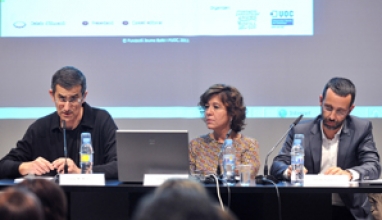

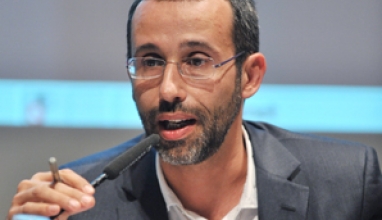
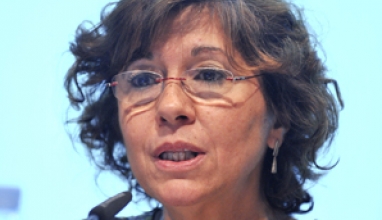
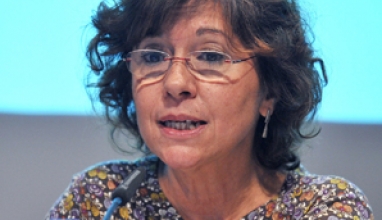
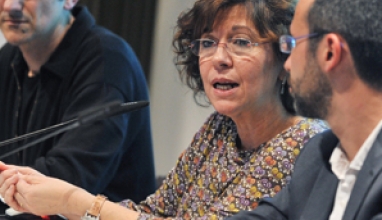
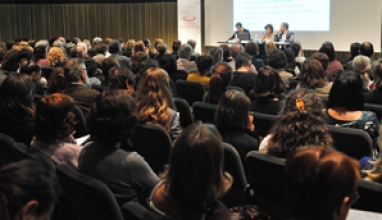
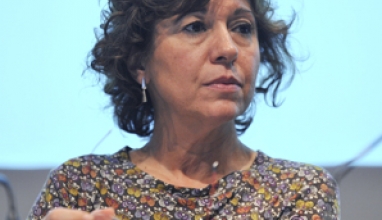
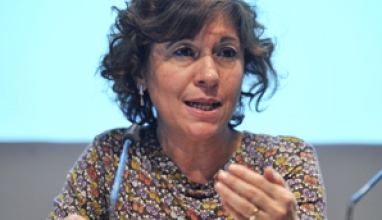
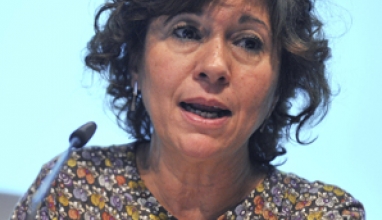
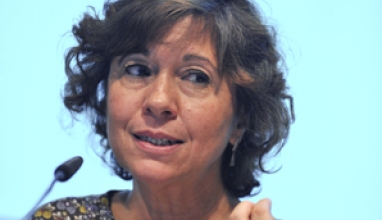

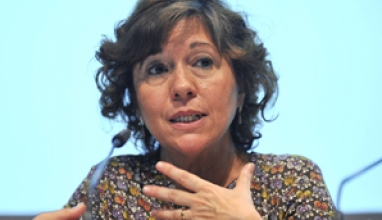
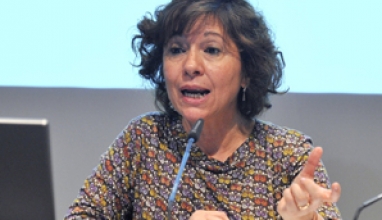
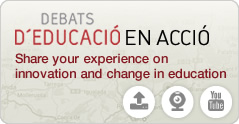
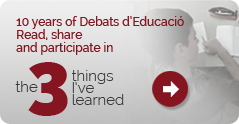

 The texts published on this website are, unless otherwise indicated, covered by the Creative Commons Spain Attribution - Non Commercial - No Derivs 3.0 licence. You may copy, distribute and transmit the work, provided you attribute it (authorship, journal name, publisher) in the manner specified by the author(s) or licensor(s). You may not use the material for commercial purposes. You may not transmit any derivative work from this material. The full text of the licence can be consulted here:
The texts published on this website are, unless otherwise indicated, covered by the Creative Commons Spain Attribution - Non Commercial - No Derivs 3.0 licence. You may copy, distribute and transmit the work, provided you attribute it (authorship, journal name, publisher) in the manner specified by the author(s) or licensor(s). You may not use the material for commercial purposes. You may not transmit any derivative work from this material. The full text of the licence can be consulted here: